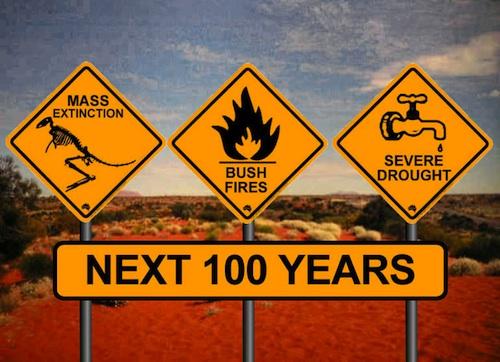
“The New Sacrifice” - “Visions for New Mythology, Permaculture and the Transition Movement” - By Willi Paul, Planetshifter.com Media
Sacrifice is used metaphorically to describe selfless good deeds for others or a short term loss in return for a greater power gain, such as in a game of chess. Recently it has also come into use as meaning 'doing without something' or 'giving something up'
My definition for sacrifice is: “the practice of not having the same choices as before, where we must give-up certain lifestyle benefits and comforts.”
But ask this: Can giving up something actually be gaining something in return?
Is sacrifice always a negative? Is it the same result when we give up spiritual resources? What are these?
How do we sacrifice for Nature? In Nature?
* * * * * * *
How is the new sacrifice celebrated or practiced? Symbols are key to building the new sacrifice:
Symbols of Sacrifice in the Chaos Age -
• A front lawn garden. An empty swimming pool
• Giving up the automobile
• Last year’s toys
• Giving away old clothes
• Volunteering some time to a non-profit
• Reducing home or business water use
• Walking or using mass transit
How does sacrifice support resilience?
The two ideas are intertwined. Psychological resilience is defined as an individual’s ability to properly adapt to stress and adversity. It can be learned and developed by virtually anyone. Resilience should be considered a “learned behavior.” Here sacrifice can be implemented by resilience.
Sacrifice can also reduce stress and adversity with community training and family support.
In the New Mythology perspective, we all become “global sacrificers” for our mutual survival, creating new, non-religious values, customs, initiations, and traditions.
In the Transition Movement, we need to create new sacrifice customs based on sharing. In Permaculture ethics, sacrifice must be linked to care for community and planet.
New Mythology also teaches us that the community is the Hero - so the community is the “global sacrificial engine?”
Replies